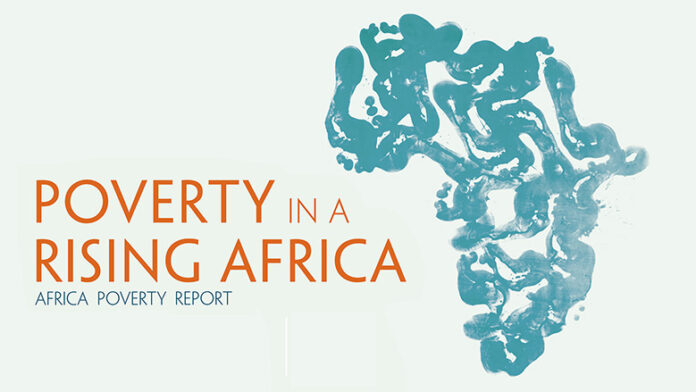Abuja, July 24, 2023: Vice President Kashim Shettima of Nigeria has said that African continent should stop exporting jobs and grow her skilled labour if tt wants its economy to grow, remain competitive and pride her place.
Shettima made this known at the Formal Launch and Workshop on Sub-Saharan Skills and Apprenticeship Stakeholders Network (SASASNET) in Abuja on Monday.
He was represented by the Permanent Secretary, Federal Ministry of Education, Mr David Adejo.
According to him, the time is now and it is doable and achievable. We must put our hands on deck to make it work.
”For far too long, the African continent had been unable to take advantage of
opportunities for which its citizens could contribute optimally to its development by not paying adequate attention to the informal sector.
”This manifests in the absence of semi-skilled workers in areas that are necessary for technological advancement.
”The need for this conference is further underscored by the fact that if Africa is to be the next continent of destination, we can no longer afford to be exporting jobs with its attendant loss of much needed foreign exchange earnings,” he said .
The vice president noted that skills are now the currency of labour and must require that steps be taken to promote skills so that the continent would not be left behind.
He, therefore, called on stakeholders to maintain not only standards but also quality assurance and regulations of the production of skilled manpower across the region.
Meanwhile, the Executive Secretary, National Board for Technical Education (NBTE), Prof. Idris Bugaje said Africa must either skills up it’s youths or continue to remain the world’s poverty continent with many of its youths largely unskilled and uncertified.
Bugaje, who is also the Chairman of SASASNET, said African continent, especially its Sub-Saharan part had been experiencing challenges in the past decades.
He identified these challenges as sustainable development, energy shortfalls, environmental degradation and challenges of harnessing Africa’s human endowment in its informal skill sector to meet local demands and export.
According to him, Africa is at a crossroads as many of its youths largely unskilled and uncertified, escaping the continent through dangerous means and a lot of time ending up in refugee camps.
”A recent regional workshop in Cotonou, Republic of Benin, held February 23-24, 2023, organised by the International Labour Organisation (ILO), the World Bank and the government of Benin, deliberated on this informal apprenticeships.
”It was concluded that government and Organised Private Sector (OPS) must join hands to upgrade and formalise all informal apprenticeships in the region.
”It was at the workshop that some delegates decided to set up SASASNET, initially for English Speaking countries as we noticed Francophone Africa are far ahead of us in skills development.
”The network shall spearhead the crusade for interventions from both governments and OPS to re-engineer these vital, talent, untapped potentials of the informal sector for future industrialisation of Africa,” he said.
He urged that the upcoming 25billion dollars Trans-Saharan Gas Pipeline, designed to deliver gas from the Gulf of Guinea to Europe should not be allowed to suffer, hence the need for skills.
He regretted the recently completed world’s largest single train refinery in Lagos by the Dangote Group, wherein over 11,000 skilled labour, largely from India were imported to Nigeria to deliver it.
He said, ” For this not to happen again is the reason for the establishment of the SASASNET.
” The primary objective is for Sub-Saharan African countries to share experiences in apprenticeship training in the skills development agenda.
” This is to enable us become self-sufficient and even have surplus certified skilled labour for export.”
The Education Specialist from the World Bank, Mr Tunde Adekola said there was need for coalition from all stakeholders to move informal apprenticeships to the next level.
Adekola said that proffering innovation to existing knowledge, looking at those things that were working and focus more on their improvement would help largely promote the informal sector.
He, therefore, called for equitable access to apprenticeships, while promising to work with stakeholders to strengthen the initiative.
The event is supported by the World Bank, German Agency for International Cooperation (GIZ) and the International Labour Organisation (ILO) .




